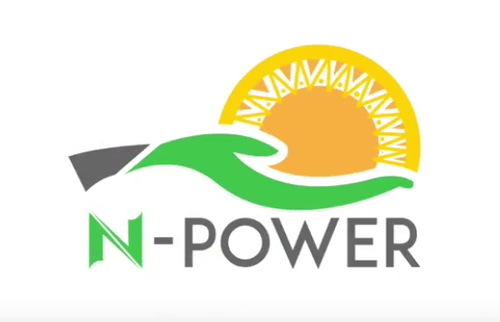Imagine waking up one day and finding out that your only source of income has been suspended indefinitely. How would you feel? How would you survive? How would you cope with the rising cost of living, the lack of opportunities, and the uncertainty of the future?
This is the reality that millions of Nigerians are facing right now, as the federal government has suspended the N-Power programme, a flagship initiative that provides monthly stipends and skills training to unemployed youths across the country.
The N-Power programme was initiated by former President Muhammadu Buhari in 2016, as part of his administration’s social investment programmes, to address the challenge of youth unemployment and poverty in Nigeria.
The programme enrolled 200,000 youths in Batch A; 300,000 in Batch B; 510,000 in Batch C1 and 490,000 in Batch C2. While the number of exited beneficiaries is unknown, the majority of batches C1 and C2 are still enrolled in the programme as at the time it was suspended.
Education, skills development panacea for ending poverty, hunger in Nigeria – Shettima
Dredging River Niger: FG must go beyond business as usual
Meanwhile, the programme offered various categories of interventions, such as N-Teach, N-Health, N-Agro, N-Build, N-Creative, and N-Tech, depending on the interests and qualifications of the beneficiaries.
It also provided beneficiaries with devices, to facilitate their learning and work. The programme aimed to empower the beneficiaries with relevant skills and knowledge that would enable them to become productive members of society and contribute to national development.
According to a report by the National Bureau of Statistics (NBS), the programme has created over two million direct and indirect jobs since its inception. The report also stated that the programme has improved the quality of education, health care, agriculture and other sectors in Nigeria.
For example, in the education sector, the N-Teach beneficiaries have helped to bridge the gap of teacher shortage in many public primary and secondary schools, especially in rural and remote areas. They have also improved the learning outcomes of pupils and students by using innovative methods and technologies.
In the health sector, the N-Health beneficiaries have supported the delivery of quality health care services at various primary health care centres across the country. They have also helped to raise awareness and prevent diseases such as malaria, tuberculosis, HIV/AIDS, COVID-19, etc.
In the agriculture sector, the N-Agro beneficiaries have assisted farmers with extension services, such as soil testing, crop management, pest control, etc. They have also helped to increase food production and security in Nigeria.
These are just some examples of how the N-Power programme has benefited millions of Nigerians who were previously unemployed or underemployed. The programme has not only provided them with a monthly stipend of N30,000 but also with a lifeline in a country grappling with high unemployment rates.
Fatima Abba Sanda is a 300 level Mass Communication student at University of Maiduguri

 Join Daily Trust WhatsApp Community For Quick Access To News and Happenings Around You.
Join Daily Trust WhatsApp Community For Quick Access To News and Happenings Around You.


